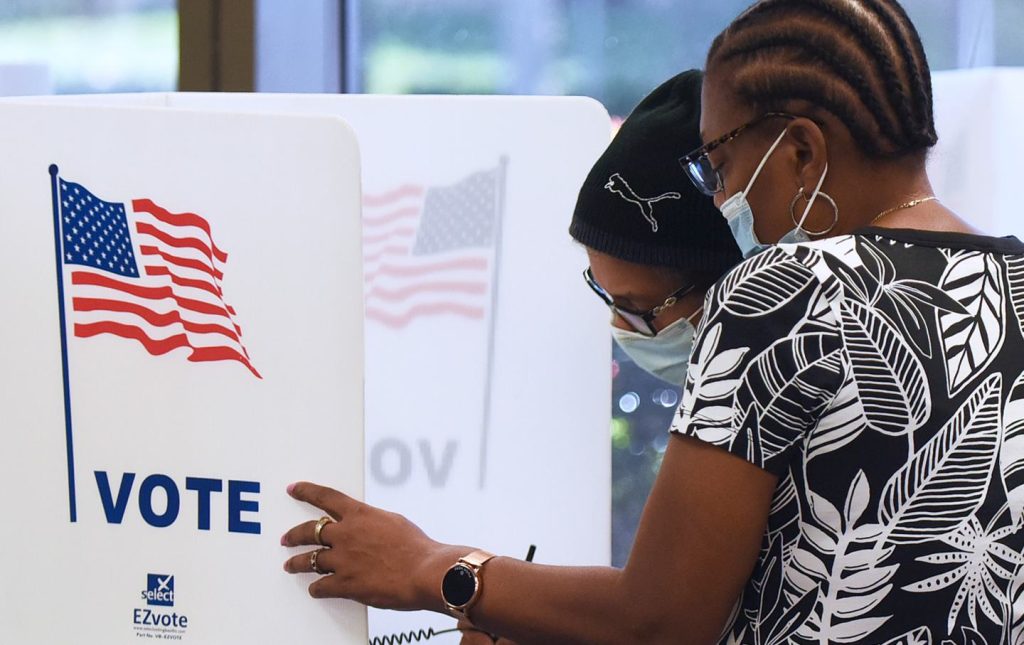A federal court in Alabama on Tuesday once again struck down that state’s congressional map for not including a second majority African American district, setting up a return to the Supreme Court in a dispute that could decide the balance of power in Congress after the 2024 election.
A three-judge panel of federal judges ruled that Alabama’s latest effort to redraw its congressional districts likely violated the Voting Rights Act because the map includes only one of seven includes with a majority of Black voters – even though African Americans make up 27% of the state’s population.
“We are deeply troubled that the state enacted a map that the state readily admits does not provide the remedy we said federal law requires,” the court said in its order blocking use of the maps. The court ordered a special master to draw the state’s map, asserting that it had “no reason to believe that allowing the legislature still another opportunity” would result in a map that created a second district in which Black voters could choose a candidate.
The decision is technically limited to Alabama, but the legal battle will have significant ramifications in other states, especially in the South, and could give Democrats a major advantage in next year’s election. The Alabama result could influence similar battles over maps in South Carolina, Texas, Florida and other states where the interplay between race, politics and redistricting has been fraught for decades.
In a blow to Florida Gov. Ron DeSantis, a state judge rejected congressional district boundaries in that state over the weekend, ruling that they unconstitutionally restrict Black voting power and that Florida’s Legislature must redraw them.
Alabama’s districts have already been before the U.S. Supreme Court this year: In a 5-4 decision in June, the Supreme Court rejected Alabama’s argument that a “race blind” approach to drawing congressional districts was permitted under the Voting Rights Act. The decision was unexpected given a number of other high-profile rulings in which the court weakened the provisions of the Voting Rights Act.
“We are gratified the court has seen through Alabama’s gamesmanship and once again rejected a congressional map that discriminates against Black voters,” said Davin Rosborough, senior staff attorney, ACLU’s Voting Rights Project.
An aide to Alabama Attorney General Steve Marshall did not immediately respond to a request for comment.
